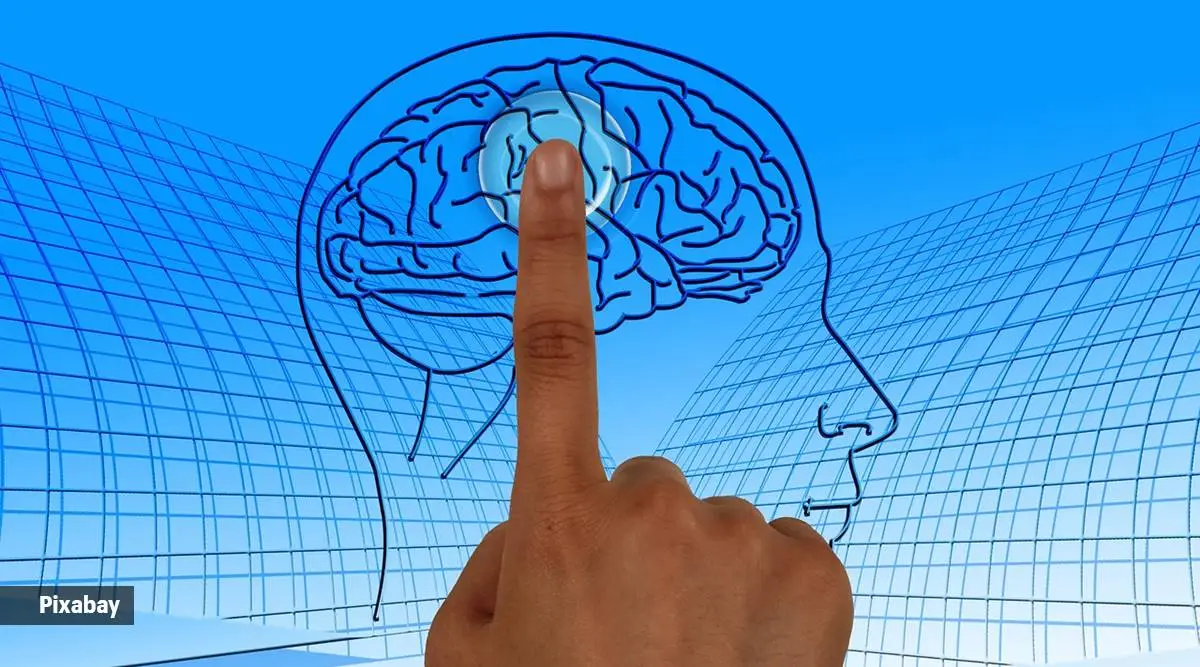📣 For more lifestyle news, click here to join our WhatsApp Channel and also follow us on Instagram
One night without sleep can age your brain by these many years
"Sleep helps in restoration of activities of most of the hormonal systems and organs in the body," said Dr. Viswesvaran Balasubramanian, Consultant Interventional Pulmonology and Sleep Medicine, Yashoda Hospitals Hyderabad.
 One night without sleep can age your brain by two years. (Pic source: Pixabay)
One night without sleep can age your brain by two years. (Pic source: Pixabay)Are you planning to pull an all-nighter for an exam or your job presentation? Well, think again as a new study suggests that not sleeping for just one night can age your brain by two years! Yes, you read that right. A paper published in the Journal of Neuroscience stated the same, adding that the changes can, however, be reversed after a good night’s sleep.
For the study — in which 134 people between the age group 19 and 39 participated — researchers used machine learning to generate “brain age” estimates from magnetic resonance imaging (MRI) scans of sleep-deprived people’s brains, which they compared to MRIs of the same people’s brains after a full night’s sleep. “Acute total sleep loss changes brain morphology in an ageing-like direction in young participants and these changes are reversible by recovery sleep,” said Eva-Maria Elmenhorst, from the RWTH Aachen University in Germany, who conducted the study.
She added, “Our study provided new evidence to explain the brain-wide effect of sleep loss in an ageing-like direction”.
 Sleep plays a vital role in effective reorganization of neuronal synapses, which plays a very important role in memory and learning. (Pic source: Pixabay)
Sleep plays a vital role in effective reorganization of neuronal synapses, which plays a very important role in memory and learning. (Pic source: Pixabay)
The study found that brain age was not significantly changed by either acute (3 hours’ time-in-bed for 1 night) or chronic partial sleep restriction (5 hours’ time-in-bed for 5 continuous nights).
Speaking with indianexpress.com, Dr. Viswesvaran Balasubramanian, Consultant Interventional Pulmonology and Sleep Medicine, Yashoda Hospitals Hyderabad said that sleep plays a major role in effective thinking and memory, and sleep disruption can impact various functions of the body.
“The unique feature of the brain is the phenomenon of neuronal plasticity, which is the ability of the neurons in the brain to reorganise themselves in response to internal and external stimuli. One of the most important stimuli which can alter the neuronal plasticity is sleep,” said Dr Balasubramanian.
He added, “Sleep helps in restoration of activities of most of the hormonal systems and organs in the body. In addition, it also plays a vital role in effective reorganization of neuronal synapses, which plays a very important role in memory and learning. So any disruption of proper restorative sleep is expected to have profound influences on this aspect of the brain and can result in both structural and functional changes in neuronal circuits. The current study, which tried to look into the structural changes in the brain using dedicated MRIs and algorithms, though a small one provides evidence for the fact that sleep plays a major role in effective thinking and memory”.
Dr Subramanian hoped that the study is able to bring changes at both individual and community level. “Bringing awareness on sleep and ensuring proper sleep hygiene measures can have a profound influence on mental health of individuals and can, in turn, impact productivity and creativity in workplace environment,” he said.
📣 For more lifestyle news, follow us on Instagram | Twitter | Facebook and don’t miss out on the latest updates!
📣 For more lifestyle news, click here to join our WhatsApp Channel and also follow us on Instagram



- 01
- 02
- 03
- 04
- 05
























